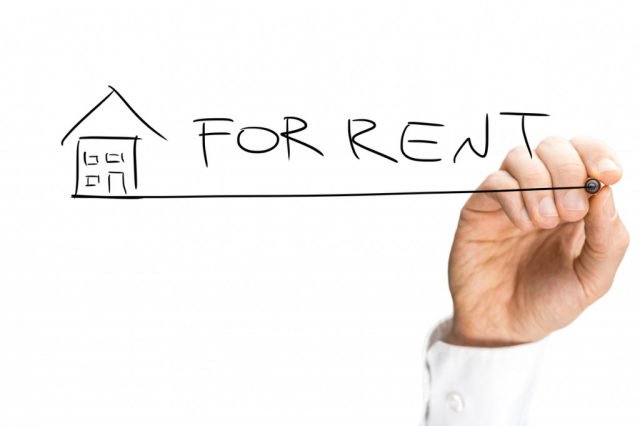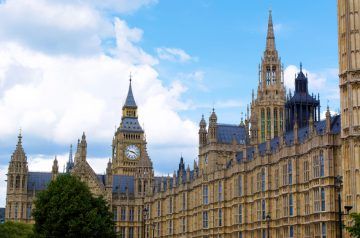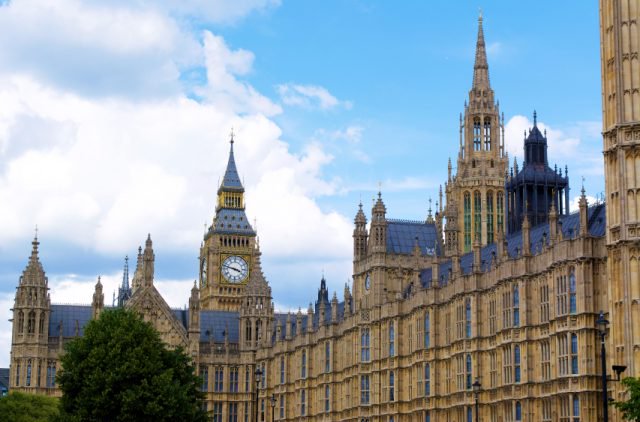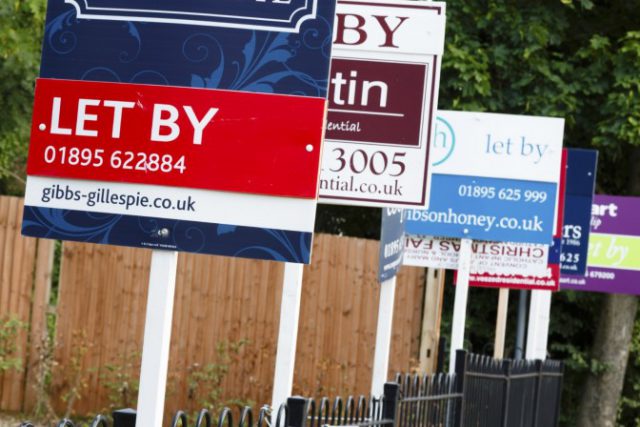RLA Wales Warns of Forthcoming 3% Surcharge in New Property Tax
The Residential Landlords Association (RLA) of Wales has warned its government against forthcoming legislation changes that will include a 3% surcharge on additional properties.

RLA Wales Warns of Forthcoming 3% Surcharge in New Property Tax
From April 2018, Land Transaction Tax (LTT) will replace the UK’s Stamp Duty Land Tax (SDLT) in Wales. Like Stamp Duty, LTT will be payable when someone buys or leases a building or land over a certain price.
Following a consultation carried out across Wales between July and August 2016, the higher rate of tax for additional property purchases that was introduced in the UK last year will also apply in Wales as part of LTT legislation.
The RLA Wales is concerned that the 3% surcharge will threaten the supply of rental properties in the country, which could make it more difficult for families and the homeless to access rental accommodation, at a time when it is increasingly required.
Government statistics show that in 2015-16, a total of 6,891 households were classed as homeless and entitled to help securing accommodation in Wales. Of this figure, 3,534 households were found accommodation, with almost half (1,722) housed in the private rental sector.
Additionally, of 3,108 households that were threatened with homelessness, 35% (1,077) were living in the private rental sector.
The RLA is calling on the Welsh Assembly to scrap the 3% surcharge when landlords invest in housing that will add to the net supply of homes, for example, new build properties or bringing empty homes back into use.
Wales’ LLT legislation will be broadly consistent with Stamp Duty, using the underlying structure and mirroring key elements, in order to provide stability and reassurance to businesses and the property market.
Decisions on tax rates will be made closer to April 2018, the Assembly reports, in order to reflect economic conditions at the time.
The bill was introduced to the National Assembly on 12th September 2016. It is believed that the bill will receive royal assent by spring this year.






